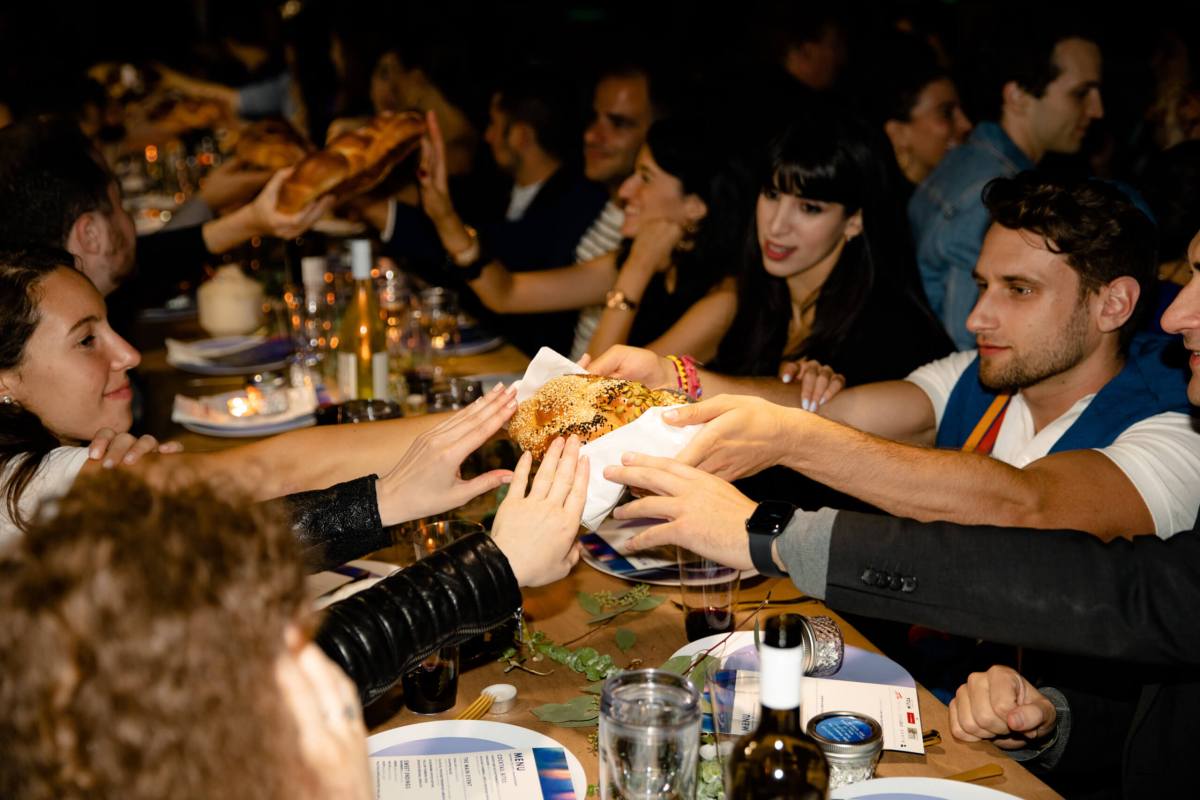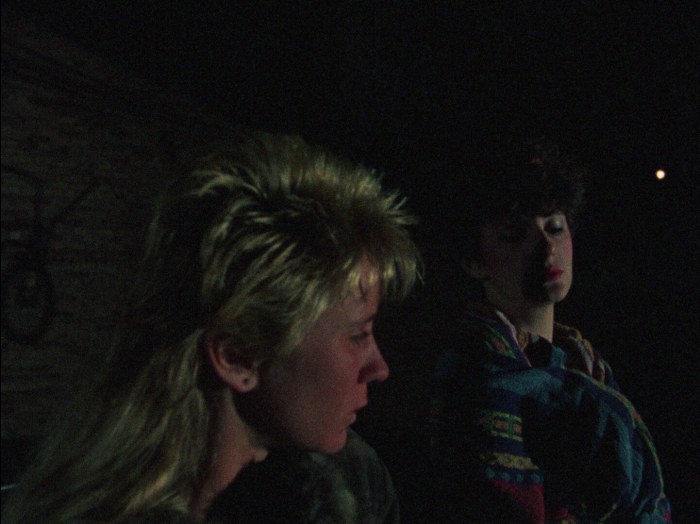OneTable, a Jewish organization that helps young adults host Shabbat dinners, brings people together by facilitating dinners in hosts’ visions of what the meal and vibe should be.
Hosts have created vegan and themed dinners, Pride feasts, and more traditional meals every Friday across the US, OneTable leaders told Gay City News.
Shabbat, a day of Jewish celebration and rest, is a weekly ritual to pause, connect, reflect, and rejuvenate with family and friends at the end of the week before the coming workweek. Every Friday at sunset, many Jews and other observers unplug and connect until sundown on Saturday.
“I think it’s the most incredible organization doing the most incredible work to help not only preserve and modernize Jewish ritual, but also just give an opportunity to a new generation of Jews to find community,” said Jake Cohen, a gay Jewish chef and culinary influencer.
Cohen’s goal is to modernize Jewish cuisine in his business, Wake & Jake, and in ritual as a New York City Shabbat host with his Persian-Iraqi husband, Alex Shapiro, a board member at OneTable.

“We are helping empower a generation to take ownership of this ritual and make sure that they don’t turn their backs on it but instead make it a sustainable practice for themselves,” said Cohen, 28, who is a self-described “nice Jewish boy” from Queens.
The gay couple’s Shabbat dinners are only one of upwards of 150 known dinners hosted throughout New York weekly, said OneTable New York Field Manager Lilli Stordeur. It is unclear how many queer Shabbats are hosted on OneTable’s platform throughout the city’s five boroughs.
Invitations to the couple’s 12-seat Shabbat dinners in Queens and Long Island are coveted, he said. They typically serve about 40 guests at their holiday Shabbat dinners. In 2019, the gay couple hosted Shabbat on Deck, which brought out around 150 queer Jews to eat challah and celebrate Hannukah aboard a boat sailing around New York’s waterways.
Aliza Kline, CEO of The Shabbat Project, Inc., better known as OneTable, seized the opportunity to reconnect Jews between 21 and 39 years of age when she founded the organization eight years ago.
“One of the big takeaways is that people want to be more present more and more present with those they love,” Cohen said. “Shabbat is like such an incredible opportunity to explore.”
Stordeur added, “[The dinners represent] a form of nourishment for your soul.”
The result has been explosive. In under a decade, OneTable has grown into an $8.2 million organization and hosted 175,000 unique participants in 470 cities to date, OneTable’s marketing and communications director, Eva Laporte, said. The pandemic only increased the number of Shabbat dinners across the country. The organization also works with more than 100 national organizations and more than 250 local partners throughout the year. OneTable receives up to 70,000 visitors monthly on its online platform, where it lists dinners in cities across the US, such as New York; offers resources for hosts (such as the Shabbat Guide created by the Lesbian Bar Project); and provides some financial support to Shabbat dinner hosts ($10 per guest up to $300).
Cohen told Gay City News his husband and he started hosting Shabbat dinners through OneTable several years ago because they wanted to find community and make friends.
“We found each other so young, that it became kind of like the opposite of dating,” said Cohen. “It was in the same way that people kind of like struggled to find a partner. We didn’t struggle to find our partner, but we struggled to find our community.”
Stordeur, who started working at OneTable in 2020 right after the murder of George Floyd, agreed. OneTable started seeing Shabbat dinners focused around antiracism and Jews of color hosting meals organically in the summer of 2020, she said.
Stordeur and fellow biracial field manager, Maya Katz-Ali, who is in the San Francisco Bay Area, responded by creating a “Refilling Our Cups” initiative, and a grant from Jews of Color Initiative launched in January 2021. The initiative focuses on supporting Jews of color and people of color to host their own Shabbat dinners.
“We’re really empowering our hosts to host in a way that feels most natural and comfortable for them,” Stordeur said.




































